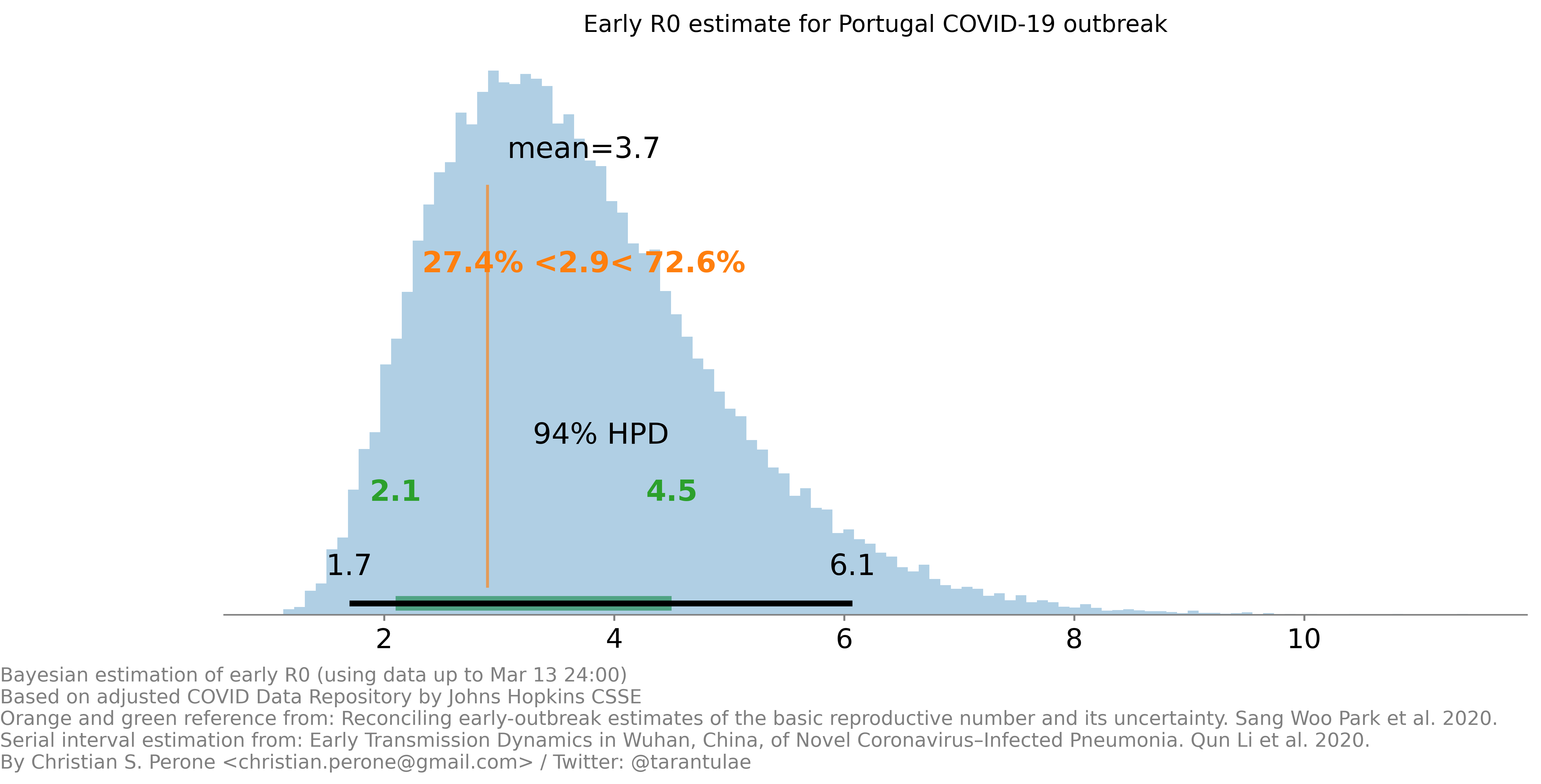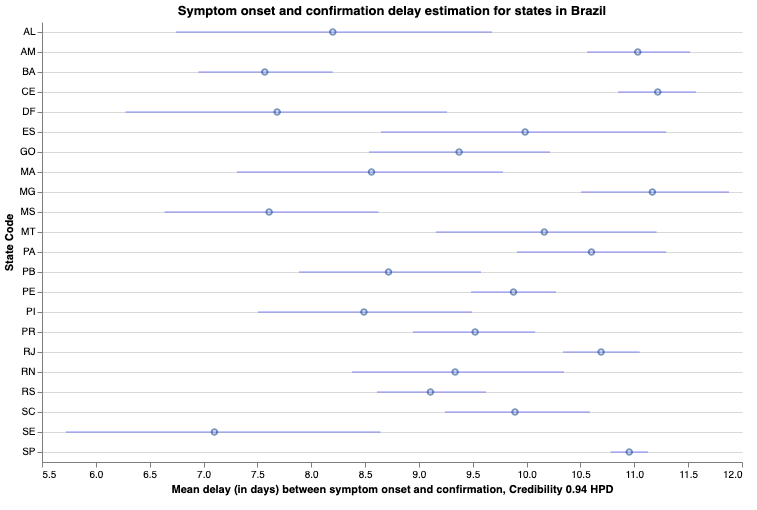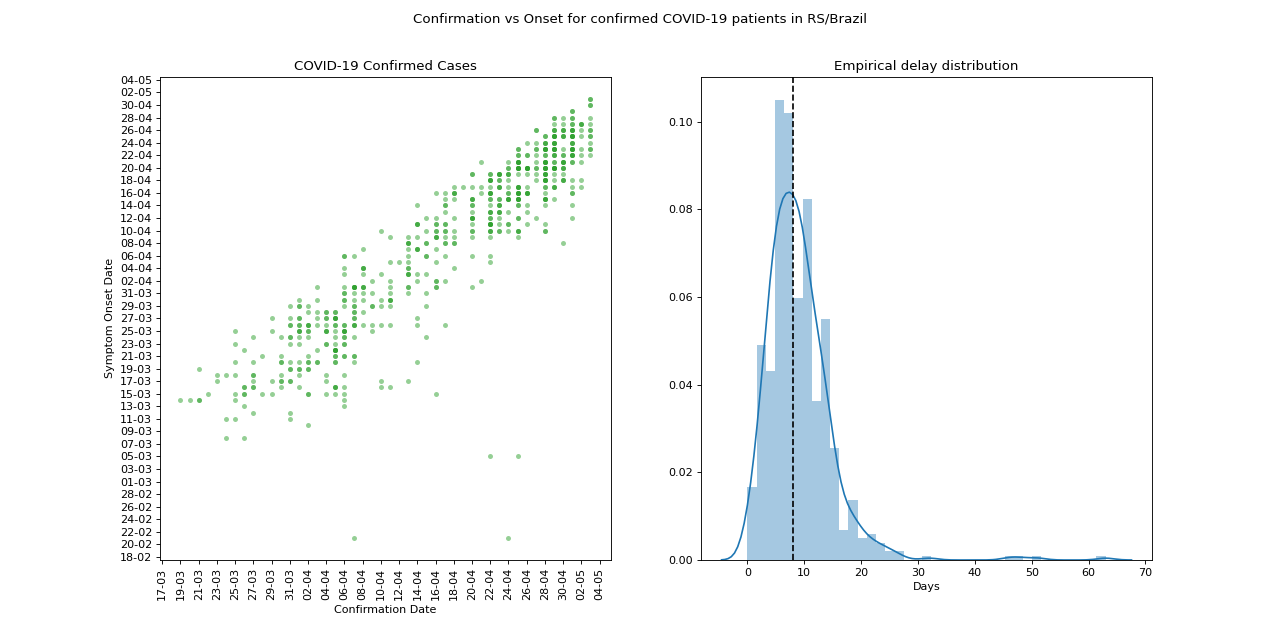This weekend I gave a talk at the Machine Learning Porto Alegre Meetup about optimization methods for Deep Learning. In this material you will find an overview of first-order methods, second-order methods and some approximations of second-order methods as well about the natural gradient descent and approximations to it. I took some long nights to prepare this material, so I hope you like it! You can download the PDF of the slides by clicking on the top-right menu.
– Christian S. Perone


